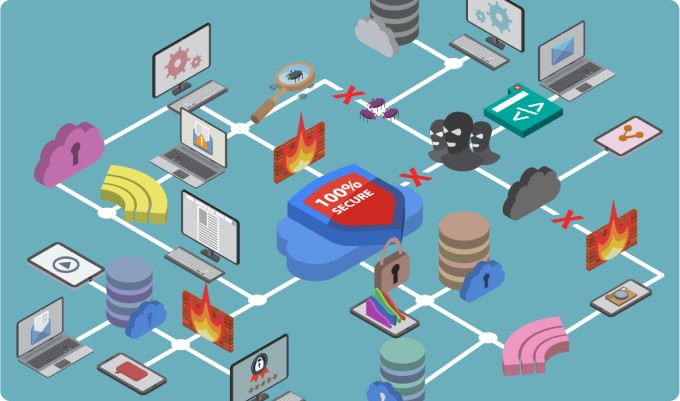Certified Agile Project Manager

Training Summary
Certified Agile Project Manager
This Agile Project Management training program is designed to equip participants with the knowledge and skills to effectively manage projects using Agile methodologies. The course will cover a range of topics, including:

The program will cover
By combining Agile Project Management and Scrum Master training, participants will gain a comprehensive understanding of Agile principles and practices, enabling them to lead and manage successful Agile projects.
Project Management Fundamentals
- What is a Project
- What is Project Management
- Project Management Office (PMO)
- Project Life Cycle
- Roles of a Project Manager
- Key Terminologies in Project Management
- Introduction to Project Management
- Essential Roles of Project Managers
- Basic Project Management Tools
- Project Management Methodologies
- Project Management Estimation (Duration, Cost, Resources)
- Project Management Principles (Stewardship, Team, Stakeholder, Value, Systems Thinking, Leadership, Tailoring, Quality, Complexity, Risk, Adaptability and Resilience, Change)


Foundations of Project Management
- The Project Initiation Phase
- What is the Initiation Phase About? Define the Project Goals
- What is Involved in a Business Case?
- Business Case Development (Components and Importance)
- What is Project 'Scope'?
- Who Performs the Feasibility Study and What Does it Involve?
- What Goes into Risk Assessment? What Are Expectations?
- How to Create a Project Charter? (Purpose and Components)
- Building WBS (Work Breakdown Structure)
- Creating a Project Management Schedule
- Project Management Documentation
- Extensive Agile Project Management
Project Management Skills & Communication
- The Project Planning Phase
- What is Planning? Is it Important?
- Why is Planning So Critical in Project Management?
- What is the Cost of Change in the Project?
- What to Do Before You Start?
- Project Management Insights
- Scope Planning
- How to Estimate When Planning?
- Leadership and Communication Techniques
- Team Building and Leadership
- Risk Assessment and Monitoring
- Communication and Stakeholder Engagement


Project Management Planning, Cost, Expectations, Change, and Risk
- The Planning Phase - Budgeting
- The Process of Budgeting
- Procurement Contract Types
- RACI Matrix - Assigning Roles
- Planning - Budgeting, R&R, Quality
- Budgeting and Finances in Project Management
- Conflict Resolution and Fostering Team Collaboration
- The Planning Phase - Expectation, Change, and Risk
The Project Execution, Monitoring, and Closure Phase
- The Project Execution Phase
- Introduction to Execution and Kick-off Meetings
- What is Involved in a Kick-off Meeting
- Tips to Handle Meetings
- What is Action-Owner Due Date
- Filling in the Project Diary
- How the Project Manager Manages Tasks and Team
- The Project Monitoring and Closure Phase


Agile Principles and Values
Understanding the core principles and values of Agile.

Agile Risk Management
Identifying and mitigating risks in Agile projects.

Agile Project Planning
Creating effective Agile project plans and roadmaps.

Agile Team Dynamics
Building and leading high-performing Agile teams.

Agile Estimation Techniques
Using techniques like Planning Poker and Story Points to estimate project work.

Continuous Integration and Continuous Delivery (CI/CD)
Implementing CI/CD pipelines for faster and more frequent delivery.

Agile Methodologies
Exploring different Agile methodologies such as Scrum, Kanban, and Extreme Programming (XP).
Training Objectives
Upon completion of this training, participants will be able to:

Apply Agile Principles and Values
Understand and apply Agile principles to project management.

Select the Right Agile Methodology
Choose the appropriate Agile methodology for a given project.

Plan and Manage Agile Projects
Create effective Agile project plans and manage project timelines.

Estimate Project Work
Use Agile estimation techniques to accurately estimate project effort.

Identify and Mitigate Risks
Identify and manage risks in Agile projects.

Build High-Performing Agile Teams
Foster collaboration and teamwork within Agile teams.

Implement CI/CD
Implement CI/CD pipelines to accelerate software delivery.

Adapt to Change
Embrace change and respond to evolving requirements.

Measure and Improve
Use metrics to measure project performance and continuously improve processes.
